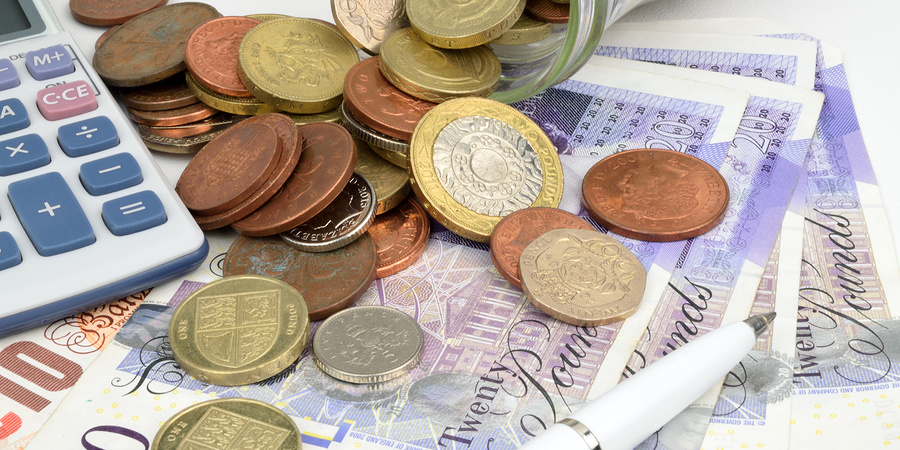The 2018 Quids in! Reader Survey has found that almost 4 in 10 of our readers don’t have access to a bank account.
The figure is worryingly high. One of the main requirements for those on Universal Credit is having a bank account. As more people are migrated over to Universal Credit, it’s become a race against time to get people set up with bank accounts.
The survey results do show a gradual improvement in the number of people now using bank accounts. In our 2014 survey 52% of people didn’t have a bank account, and in 2016 the figure was 40%, compared to 39% in 2018. The figure is still way too high, though. Having a bank account is one of the easiest ways to save money, through use of direct debits and shopping online.
Since 2015, the 9 biggest current account providers have been bound by law to provide Basic Bank Accounts. These accounts are free to use, easy to open, and don’t have any hidden fees. They’re different from standard current accounts, as they don’t require a credit check to open one.
The government have now set up an Inquiry looking into the lack of access to financial services for those on low-incomes. The Inquiry has been set up in response to the Financial Conduct Association’s (FCA) probe into companies that overcharge people on low incomes.
Nicky Morgan, MP, chair of the Inquiry said: “With customers expected to take more responsibility for their financial planning and resilience, bank branches closing, and the number of free-to-use ATMs falling, it’s becoming increasingly difficult for vulnerable customers to access certain financial services.”
To help get everyone using a bank account, we’ve put together a guide on basic bank accounts. The guide covers everything from how to open a basic bank account to the best way to compare accounts. Read the guide, here.




